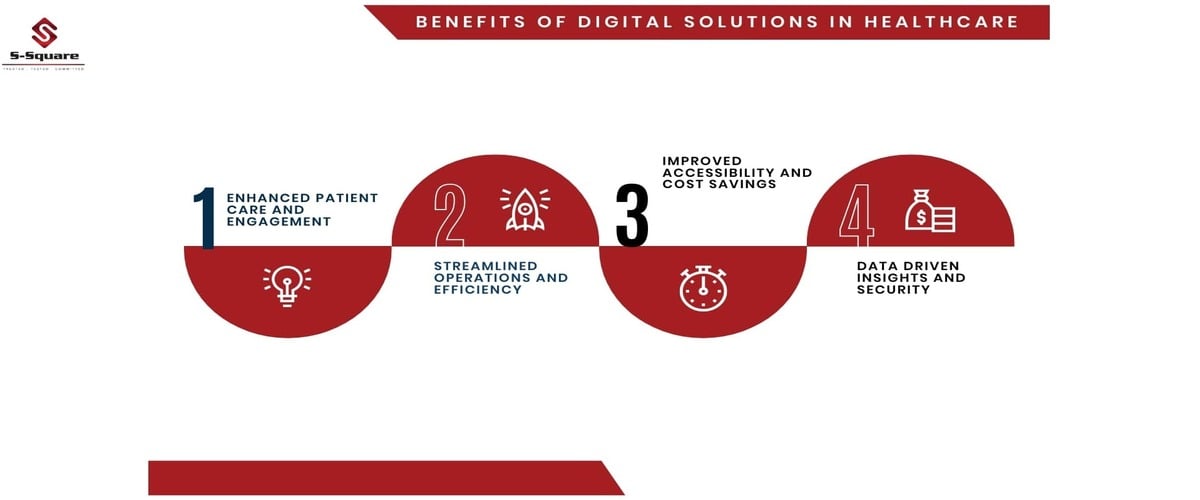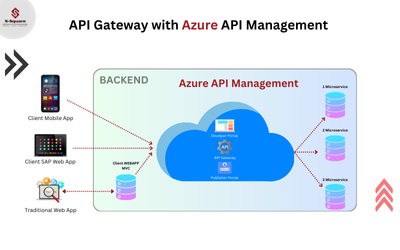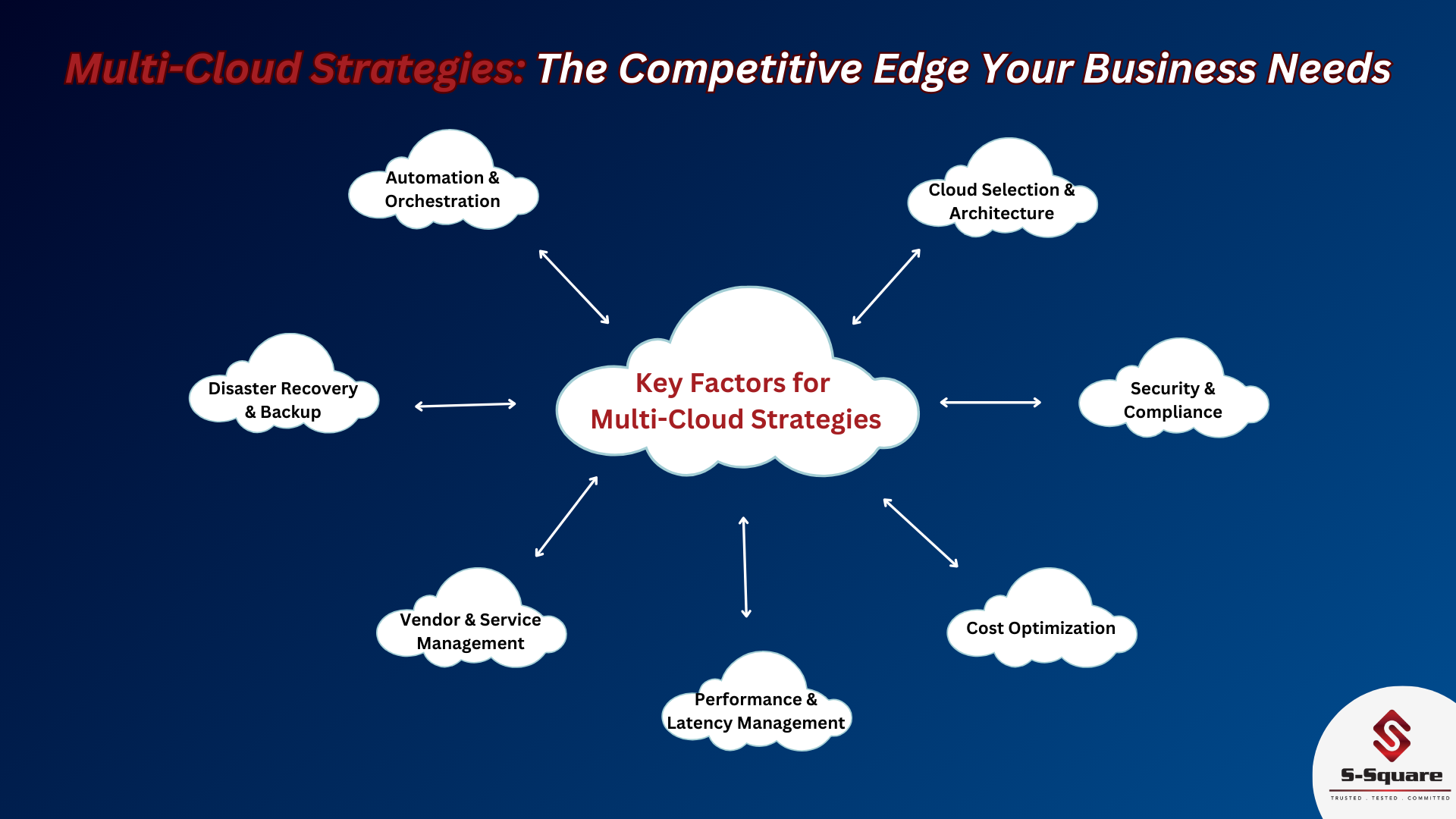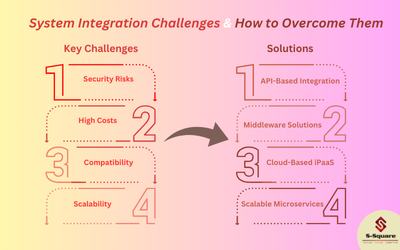Healthcare companies, including device manufacturers, insurers, and providers, have always relied on technology as a crucial tool. It aids them in tasks such as tracking research and patient data, managing payments and services, introducing novel care options, and ensuring seamless operations.
According to Grandview Research, the global digital health market attained a valuation of $211 billion in 2022, with a projected annual compound growth rate of over 18.6% expected from 2023 to 2030. Today, patients can connect with medical professionals through mobile devices, receive automated test analyses, and utilize wearable devices to transmit health data via cloud-based systems. In short, technology is playing a key role in enhancing healthcare capabilities and improving patient experiences.
It is therefore no wonder they face competition from new entrants in the field (Alphabet, Amazon, Microsoft, etc.)
Today, healthcare enterprises must strive to integrate the latest technologies into their existing business setups and technology systems while navigating compliance and regulatory risks such as data privacy associated with technology-driven services.
Several questions arise for healthcare companies
Is digital data secure?
What happens if technology is extensively used in healthcare?
Conversely, what if it’s underutilized or not implemented correctly?
Why invest in healthcare technology at all?
In this blog, we will address the subject comprehensively and attempt to answer these questions.
Digitalization in healthcare
How healthcare companies leverage technological advancements to achieve transformational strategies?
Incorporating digital solutions into healthcare has the potential to reduce costs by around 25% while enhancing patient outcomes – McKinsey report
Technology has empowered consumers with increased knowledge and engagement in healthcare. Simultaneously, regulators and policymakers advocate for open data, technology standards, and initiatives that aim to promote knowledge sharing among healthcare firms. As a result, healthcare companies are exploring new technological avenues to enhance interactions with patients and partners, decrease costs, streamline operations, and navigate evolving industry regulations.
A great example of this is Johnson & Johnson, a major player in life sciences. The company has undertaken a significant technological transformation in its IT operations. They’ve shifted a significant part of their processing work to a hybrid cloud environment and have introduced data lakes, data analytics, and agile development practices. This shift has enabled the company to synergize its diverse strengths, such as design thinking and extensive clinical expertise, to develop enhanced patient offerings.
These are some of the leading healthcare-centric digital offerings and their features:
Digital data management solutions:
-
-
-
Electronic health record (EHR) systems: Digitize patient data, ensuring easy access and accurate treatment.
-
-
Secure digital infrastructure:
-
-
-
Healthcare cloud solutions: Enable secure data sharing among authorized providers.
-
Cybersecurity solutions: Protect against breaches and ensure regulatory compliance.
-
-
Enhanced patient interaction platforms:
-
-
-
Telemedicine platforms: Facilitate remote consultations for timely medical advice.
-
Healthcare mobile apps: Offer appointment scheduling, reminders, and health resources.
-
-
Innovative medical technologies (Medical Internet of Things):
-
-
-
IoT-enabled medical devices: Monitor patients’ vital signs remotely.
-
AI-powered diagnostics: Aid accurate and quick disease detection.
-
-
Advanced insights and support:
-
-
-
Data Analytics and business intelligence: Analyze trends for informed decisions.
-
Blockchain-based health records: Ensure secure and transparent data handling.
-
Healthcare chatbots and RPM: Provide instant responses and remote patient monitoring.
-
-
Benefits of technological solutions in healthcare.
By embracing technological solutions, healthcare companies can optimize patient care, streamline operations, and unlock new avenues for innovation, ultimately leading to a more efficient and patient-centric healthcare ecosystem.

Enhanced patient care and engagement:
-
-
-
Accurate Diagnoses: AI-powered tools aid precise and timely diagnoses.
-
Remote Monitoring: IoT devices enable real-time health tracking.
-
Personalized Experiences: Technological tools offer tailored treatments and reminders, enhancing patient engagement.
-
-
Streamlined operations and efficiency:
-
-
-
Efficient Data Management: EHR systems simplify patient data access and updates.
-
Automated Workflows: Smart solutions automate tasks, reducing admin workload and errors.
-
-
Improved accessibility and cost savings:
-
-
-
Telemedicine & Mobile Apps: Remote healthcare access and information through apps.
-
Preventive Care & Operational Efficiency: AI-driven prediction and enhanced efficiency lead to cost-effective interventions.
-
-
Data-driven insights and security:
-
-
-
Advanced Analytics: Data tools provide insights for informed decision-making.
-
Secure Data Handling: Cloud solutions ensure data security while adhering to regulations.
-
-
The increased demand for the incorporation of digital transformation has introduced a new set of challenges.
-
-
Where can qualified resources be found to meet initiative demands and timeframes?
-
How can data from disparate digitally enabled devices be integrated into efficient summary to aid rather than overwhelm healthcare staff?
-
How can healthcare entities react to real-time regulatory and medical event requirements (ex. Numerous compliance issues that resulted from the Covid-19 pandemic)
-
Other common questions faced by healthcare companies and IT response:
Healthcare firms, in their technological transformation journey, often confront critical inquiries and considerations. Conversely, IT companies, like S-Square, play an essential role in aiding healthcare entities to address these concerns and navigate technological complexities. Here’s how they align.
| Question themes | Key questions | IT response |
Data security and privacy |
How can we ensure the security, confidentiality, and regulatory compliance of patient data including adherence to data protection regulations like HIPAA or GDPR?
How to navigate healthcare regulatory challenges? |
IT companies like S-Square provide robust security solutions, encryption methods, and access controls to safeguard patient data, while also implementing compliance and regulatory measures |
Integration with existing systems |
How will the integration of new technological solutions with our current healthcare IT infrastructure and systems occur, and what strategies can be employed to address potential challenges that may arise during this process? |
IT companies offer integration services, utilizing APIs and middleware for seamless connection of new technological solutions with existing systems, while also conducting assessments to identify and address potential integration challenges. |
Scalability and future-proofing |
Are the technological solutions we’re implementing scalable to accommodate future growth and changing needs, and how can we ensure our technology investments remain relevant in the face of evolving technology? |
IT companies like S-Square design scalable architectures and solutions that can accommodate increased data volumes and future technological advancements. |
Successful technological transformations in healthcare
Few forward-thinking healthcare organizations are leveraging digital technologies to enhance their services. Below are some noteworthy examples:
-
- Peninsula Regional Medical Center in the USA employs an AI-based tool for precise medication prescriptions using natural language processing, thereby streamlining processes and improving access to pharmacological data for enhanced patient care.
- Newcastle Hospital in the UK elevates surgical skills with cutting-edge technology, incorporating Virtual Reality (VR), Augmented Reality (AR), and Extended Reality (XR) courses for immersive training in a controlled virtual environment.
- Halifax Health in Florida updates its IT infrastructure with 700 virtual servers, enhancing operational efficiency and patient care by facilitating seamless communication between providers and patients.
- One of India’s foremost multi-specialty healthcare providers used no-code technology to build and implement a Covid-19 tracking solution in a matter of weeks to meet government requirements. Now the group is quickly modernizing legacy systems and improving integration using this technology.
S-Square: Pioneering technological transformation in healthcare
Why should healthcare companies adopt digital transformation?
At S-Square, we offer compelling reasons to address this question. We are helping many healthcare companies to fully embrace technological transformation through a range of strategic initiatives. Some of them are listed below:
- Elevating transformational initiatives: We collaborate with enterprises to implement tailor-made smart solutions. This empowers them to streamline intricate business operations, resulting in increased efficiency and informed decision-making.
S-Square helped a prominent US-based healthcare company migrate its IT landscape to the cloud. Over time, the client saw its operational costs decrease by 40% and operational efficiency increase by 30-40%. This is the kind of impact that technological transformation can bring to healthcare providers.
- Revamping market strategies: Our experts are guiding adoption of agile and innovative go-to-market strategies. For example, by harnessing AI-powered insights and data analytics, companies can anticipate market trends, tailor offerings, and optimize customer engagement for maximal impact.
- Fuelling growth with tech: S-Square is at the forefront of showcasing how technology can meet the demands of business. Introduction of no-code technologies allows for rapid application development. Similarly, it is allowing for accelerated development of web and mobile solutions. Robotic Process Automation is another technology that allows for increased staff productivity, reduction of expenses and improved company and customer satisfaction.
- Harnessing the power of data: Our data experts help analytic teams utilize advanced techniques to extract meaningful insights from complex datasets. This enables makingevidence-based decisions, identify hidden trends, and create personalized solutions that cater to the unique needs of their clientele.
S-Square has built a healthcare portal for a federal agency that has brought healthcare to the fingertips of veterans. The portal also allows secure communication between patients and healthcare providers and is connected to healthcare provider’s systems, allowing for easy synchronization of patient data.
- Customer-centric digital innovations: Our approach revolves around putting the customer at the center of technological strategies. By leveraging a wide variety of digital tools, we help companies create hyper-personalized experiences that resonate with customers, ultimately enhancing satisfaction and loyalty.
For more information, please explore our Healthcare and Life sciences services page.
The road ahead
The widespread growth of technology has created a strong platform for introducing technological advancements across all sectors, including healthcare. This technological transformation has the potential to significantly impact the well-being of patients and medical professionals.
Nevertheless, it is important to acknowledge that the journey of transformation may encounter challenges. Both healthcare providers and recipients must maintain confidence that technology acts as an augmentation rather than a substitution. While technology certainly enhances our capabilities, it does not replace the distinctive roles and expertise of medical professionals, along with the inherent human connection they offer.


